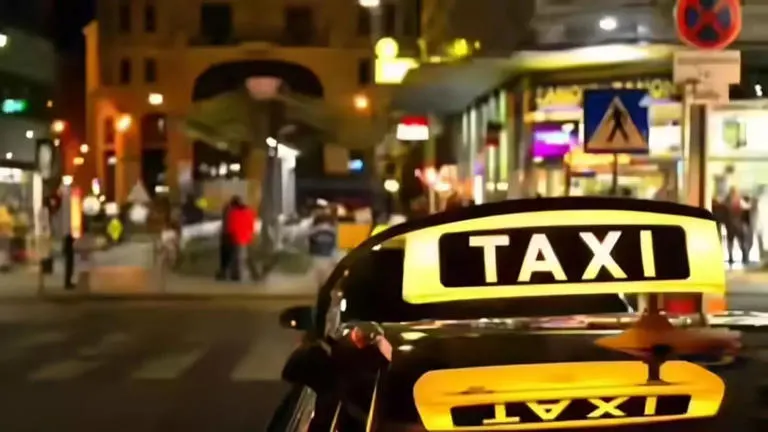Delhi’s Cooperative Taxi Revolution: Fair Fares and Full Earnings for Drivers
The Delhi government is preparing to launch the city’s first cooperative taxi app, a service designed to bring fairness back to ride-hailing. This initiative aims to give drivers complete ownership of their earnings and provide passengers with honest fares, free from surge pricing or hidden commissions.
Under this new model, drivers will keep 100 percent of their income. No commissions, no middlemen. The Registrar Cooperative Society has already begun drafting the blueprint that will shape how the cooperative functions.
During the annual general meeting of the Delhi Citizen Cooperative Bank, Cooperative Minister Ravinder Indraj announced that this project is part of a larger vision to revive and modernize the cooperative movement in Delhi. He emphasized that the goal is not just economic reform but social empowerment. “We are working on a framework that ensures Delhi’s drivers become equal partners in the city’s transport future,” he said.
The plan draws inspiration from Sahkar Taxi, a cooperative ride-hailing model being developed in Maharashtra and other states under the guidance of the Union Ministry of Cooperation. That model allows drivers to become shareholders, with profits distributed among members instead of going to a corporation.
Delhi’s version will follow a similar approach but with a local focus. A dedicated mobile app will connect passengers directly with driver-members, removing algorithmic control and opaque pricing systems. The cooperative will define transparent fare slabs that stay consistent across all times of day.
According to senior officials, the main purpose of this effort is to improve the lives of taxi drivers not only their income but also their working environment and long-term stability. By turning drivers into active stakeholders, the government hopes to build a transport model that is both ethical and self-sustaining.
For passengers, this means stable fares, trustworthy service, and dependable rides without the frustration of sudden price spikes. The cooperative will also focus on safety standards, ensuring that every ride feels secure and professional.
Indraj confirmed that Delhi’s cooperative taxi system will be customized for the city’s unique transport conditions. “We are not replicating Maharashtra’s model exactly,” he explained. “Delhi’s system will reflect the realities of our city, our people, and our economy.”
Taxi unions have welcomed the move with optimism. Sanjay Samrat, President of the Delhi Taxi and Tourist Transporters Association, shared that corporate aggregators often take up to 40 percent commission from each trip, leaving drivers with very little. “This cooperative model restores dignity to the profession,” he said. “Drivers will finally earn what they deserve.”
Samrat also urged policymakers to ensure that existing CNG taxi owners are included in the new structure, noting that the transition to electric vehicles will take time due to high costs and limited charging infrastructure. He emphasized the importance of affordable financing so drivers can easily upgrade their vehicles in the future.
This initiative could mark the beginning of a new chapter in Delhi’s transport system a system built on trust, transparency, and community ownership. I once spoke to a driver who said, “If I could earn fully for my hard work without losing it to commissions, I’d drive with pride again.” That sentiment captures exactly what this movement stands for.

